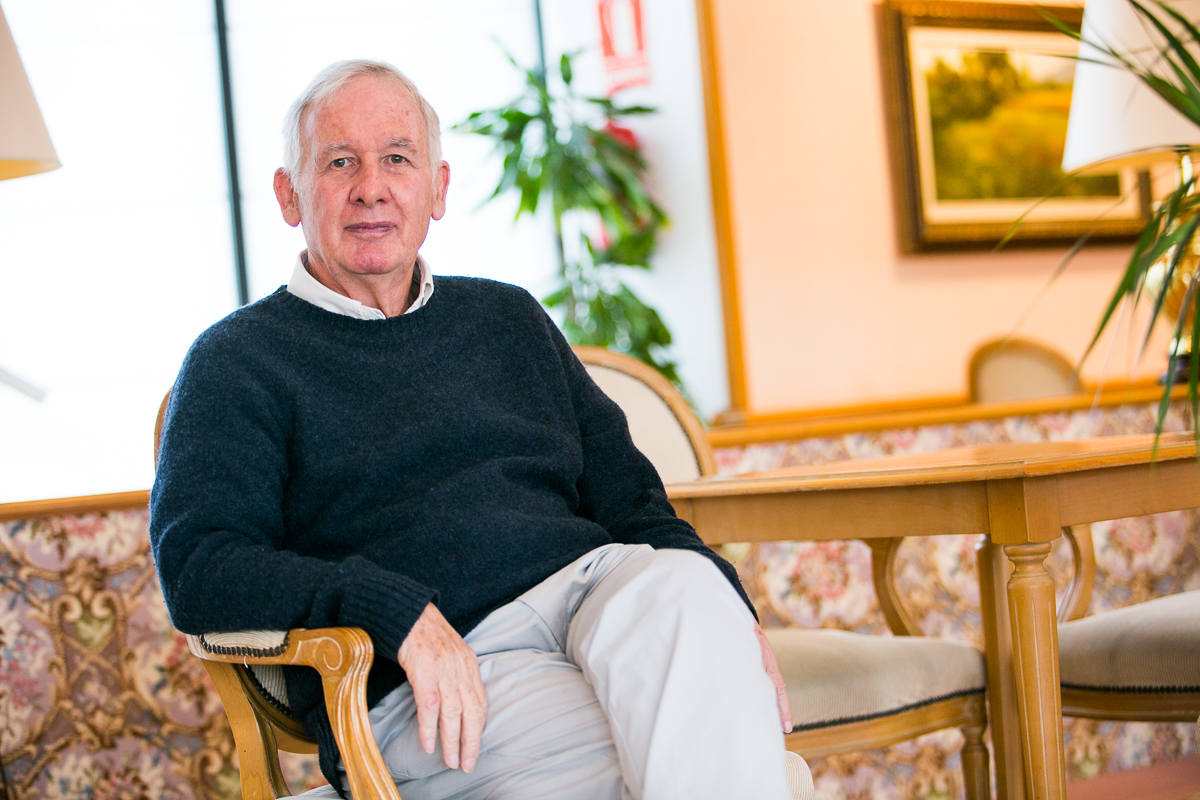Individual residencies / Andorra
PAUL GIFFORD
From Monday, 11 November 2019 to Sunday, 1 December 2019

Bio
Paul Gifford was born in New Zealand. He has studied in Wellington, Rome, Oxford and Uppsala. He began his teaching career at the University of Zimbabwe, and has taught at the University of Leeds, and since 1992 in the department of the study of religion in the School of Oriental and African Studies (SOAS) of the University of London. He has conducted major research on new developments in African Christianity and on African Cvil Society. He has authored several books, including African Christianity: its Public Role (1998) and Christianity, Development and Modernity in Africa (2015), and his latest book is The Plight of Western Religion (London: 2019). He currently is researching in Ethiopia.
Project
In the West there has been the widespread decline of Christianity, in terms of attendance, affiliation, and belief, and even the religion remaining is of an internally secularized kind, downplaying any ‘otherworldly’ element in favour of this-worldly or humanitarian causes. However, it seems agreed in scholarly circles that even though Europe may be secularized in that sense, the USA remains very religious; thus, according to one study, we have ‘Secular Europe’ but ‘Religious America’. I intend to investigate whether this is true, or whether much of what passes for religion in USA is better considered cultural or political.
Autumn in Andorra
I spent 20 productive days on a Faber residency in Andorra. I came with a definite project in mind, and brought all the books I needed with me. I was able to achieve the goal I had set myself, because circumstances were ideal. The apartment is secluded, quiet and ideal for private work. When I needed a change of environment, I found the library on the floor beneath a great space – and the woman in charge there very friendly and helpful. Also, just a few minutes away the town library of La Massana is another ideal place to work. The Faber apartment provides everything necessary for preparing own meals but if one needs to go out, there are three restaurants nearby – one of them, Cal Silvino, I found particularly pleasant. There are two supermarkets within ten minutes walk. When I needed to get away from my books, I used the local bus services: one bus going past the door gets you into Andorra la Vella within 15 minutes. Also, thanks to the very helpful people at the La Massana tourist information office, I mastered the local La Massana bus service, which took me up into nearby valleys and villages. The ski lift to Pal Arinsal began operating on my last day in Andorra, and I took the opportunity to visit the ski field. All these trips can be done in a very short time, most of them in an hour, and provide a welcome break from intensive work. There are books on Andorra in the apartment, which give a great picture of the local scene. The Andorran government provided me with a museum pass, and I made good use of the local museums; the conducted tour of the old parliament was a very enlightening experience, and Meri arranged a tour of the new parliament also, which was equally interesting. My stay was thus ideal; I managed to do all the work I set myself, with ample opportunity for short breaks, and exposure to local Andorra culture. My stay in Andorra was one of the most productive and enjoyable and educational periods of my life, and I will make full acknowledgement to Faber in my forthcoming book.
